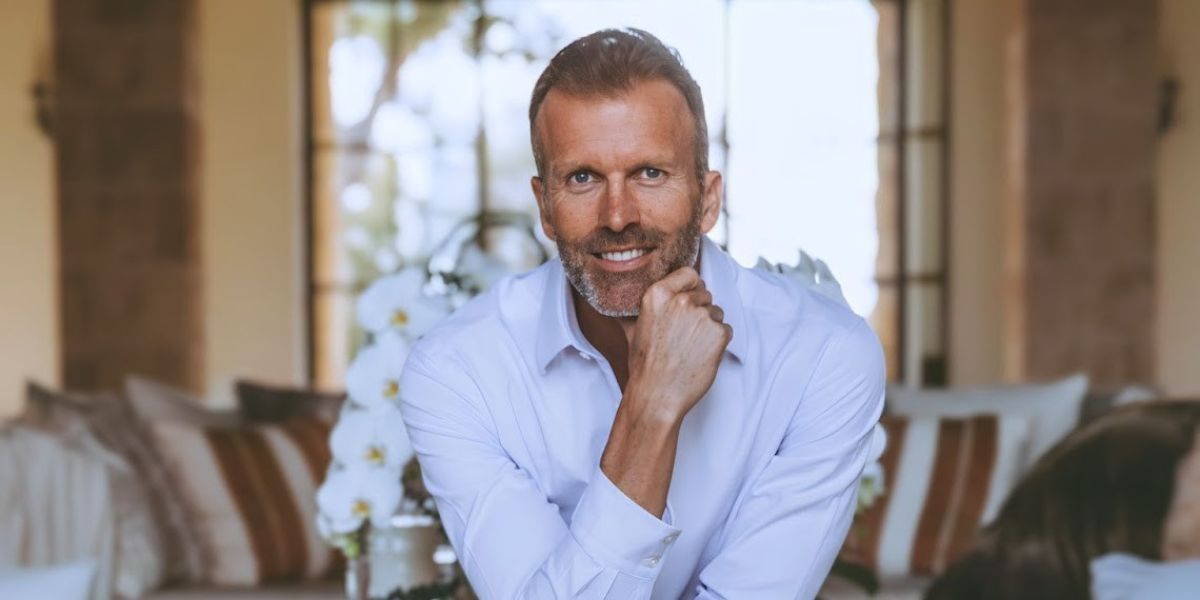Freedom of speech is a fundamental human right that allows individuals to express their thoughts, opinions, and beliefs without fear of censorship or retaliation. It is a cornerstone of democracy and a vital component of a free and open society. In this article, we will explore the importance of freedom of speech, its historical significance, and its role in shaping modern societies.
What is Freedom of Speech?
At its core, freedom of speech is the right to express oneself freely and openly, without interference or suppression from authorities or other individuals. It encompasses a wide range of forms of expression, including spoken words, written communication, artistic expression, and symbolic gestures. Freedom of speech is not only about the ability to express popular or uncontroversial opinions but also about protecting the rights of individuals to express dissenting or unpopular views.
Historical Significance
The concept of freedom of speech dates back centuries and has its roots in the struggles for political and religious freedom. Throughout history, individuals and groups have fought against censorship, oppression, and tyranny to secure the right to speak freely and openly. The Magna Carta, signed in 1215, included provisions protecting freedom of speech and expression, laying the groundwork for future declarations of rights and liberties.
In the United States, freedom of speech is enshrined in the First Amendment to the Constitution, which prohibits Congress from making laws that abridge the freedom of speech or of the press. The First Amendment has played a central role in shaping American society and protecting the rights of individuals to speak out against injustice, advocate for change, and participate in democratic governance.
The Importance of Freedom of Speech
Freedom of speech is essential for several reasons. First and foremost, it promotes individual autonomy and self-expression, allowing people to articulate their thoughts, beliefs, and experiences freely. It enables individuals to engage in public discourse, participate in democratic processes, and hold governments and institutions accountable for their actions.
Moreover, freedom of speech fosters intellectual diversity and innovation by encouraging the exchange of ideas and perspectives. When individuals are free to express themselves openly and without fear, they can challenge prevailing norms, question authority, and contribute to the advancement of knowledge and understanding.
Protecting Minority Voices
One of the most important aspects of freedom of speech is its role in protecting minority voices and marginalized communities. In societies where freedom of speech is restricted or suppressed, minority groups are often silenced and disenfranchised, unable to advocate for their rights or challenge discrimination and oppression.
Freedom of speech provides a platform for minority voices to be heard, allowing individuals to speak out against injustice, discrimination, and inequality. It empowers marginalized communities to organize, mobilize, and demand change, leading to greater social justice and equality for all members of society.
Balancing Rights and Responsibilities
While freedom of speech is a fundamental right, it is not absolute and must be balanced with other rights and responsibilities. For example, speech that incites violence, promotes hatred, or threatens public safety may be subject to restrictions in the interest of protecting public order and individual safety.
Moreover, individuals have a responsibility to exercise their freedom of speech responsibly and respectfully. This includes being mindful of the impact of their words and actions on others, engaging in constructive dialogue, and avoiding the spread of misinformation or harmful rhetoric.
Freedom of Speech in the Digital Age
In recent years, the rise of the internet and social media has transformed the landscape of free speech. While digital platforms have provided unprecedented opportunities for individuals to express themselves and connect with others, they have also raised new challenges and concerns regarding censorship, misinformation, and online harassment.
Platforms like Twitter, Facebook, and YouTube have faced criticism for their handling of controversial content and their algorithms’ potential to amplify divisive or harmful speech. As debates continue over the regulation of online speech, it is essential to strike a balance between protecting freedom of expression and addressing the negative consequences of online discourse.
A Fundamental Human Right
In conclusion, freedom of speech is a fundamental human right that lies at the heart of democratic societies. It enables individuals to express themselves freely, engage in public debate, and hold governments and institutions accountable. While freedom of speech is essential for promoting individual autonomy, intellectual diversity, and social justice, it also comes with responsibilities, including the need to balance competing rights and address the challenges of the digital age.
As we continue to navigate the complexities of free speech in the modern world, it is essential to uphold the principles of openness, tolerance, and respect for differing opinions. By protecting and promoting freedom of speech, we can ensure that all individuals have the opportunity to participate fully in public life and contribute to the flourishing of democratic societies.








